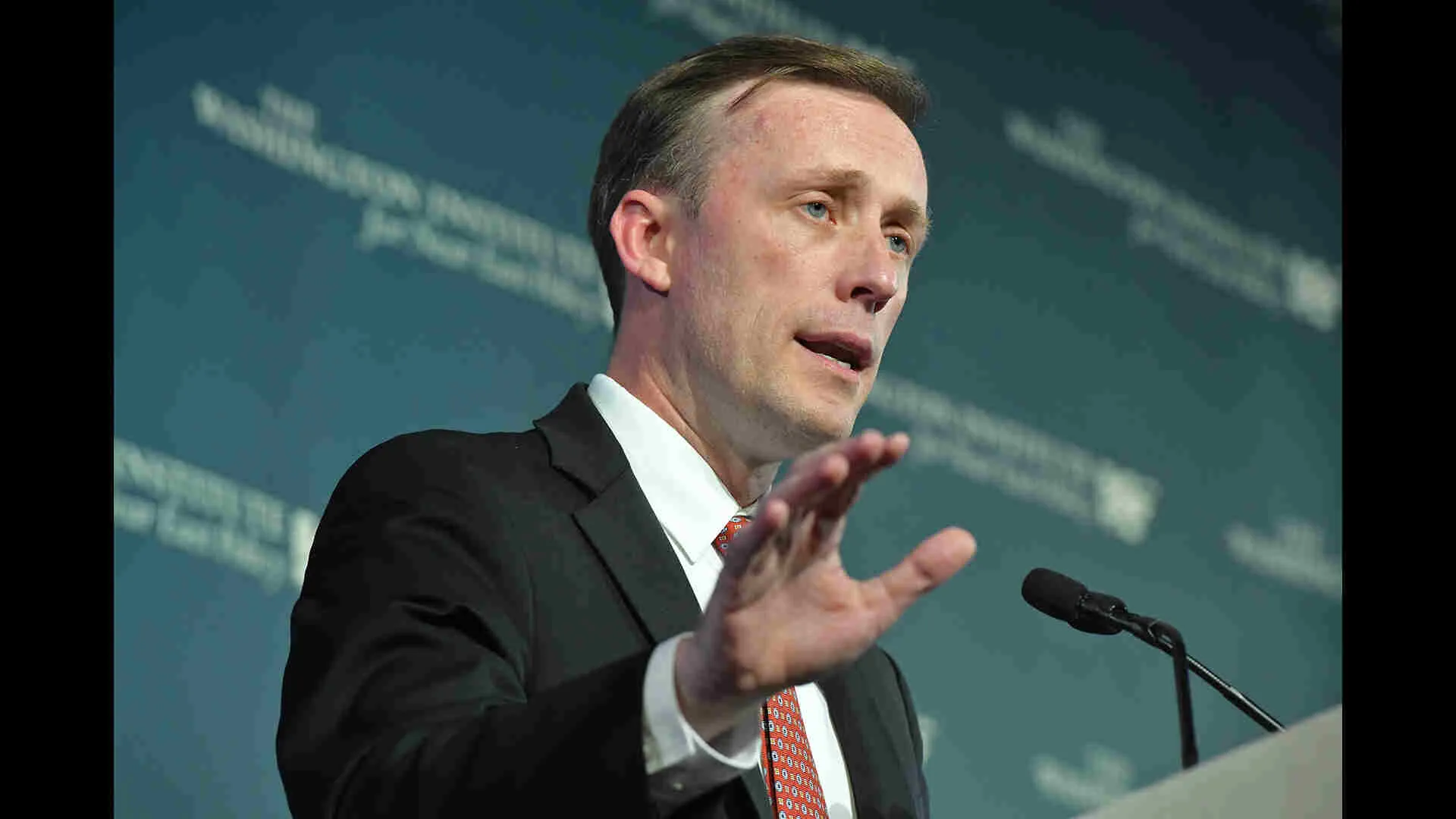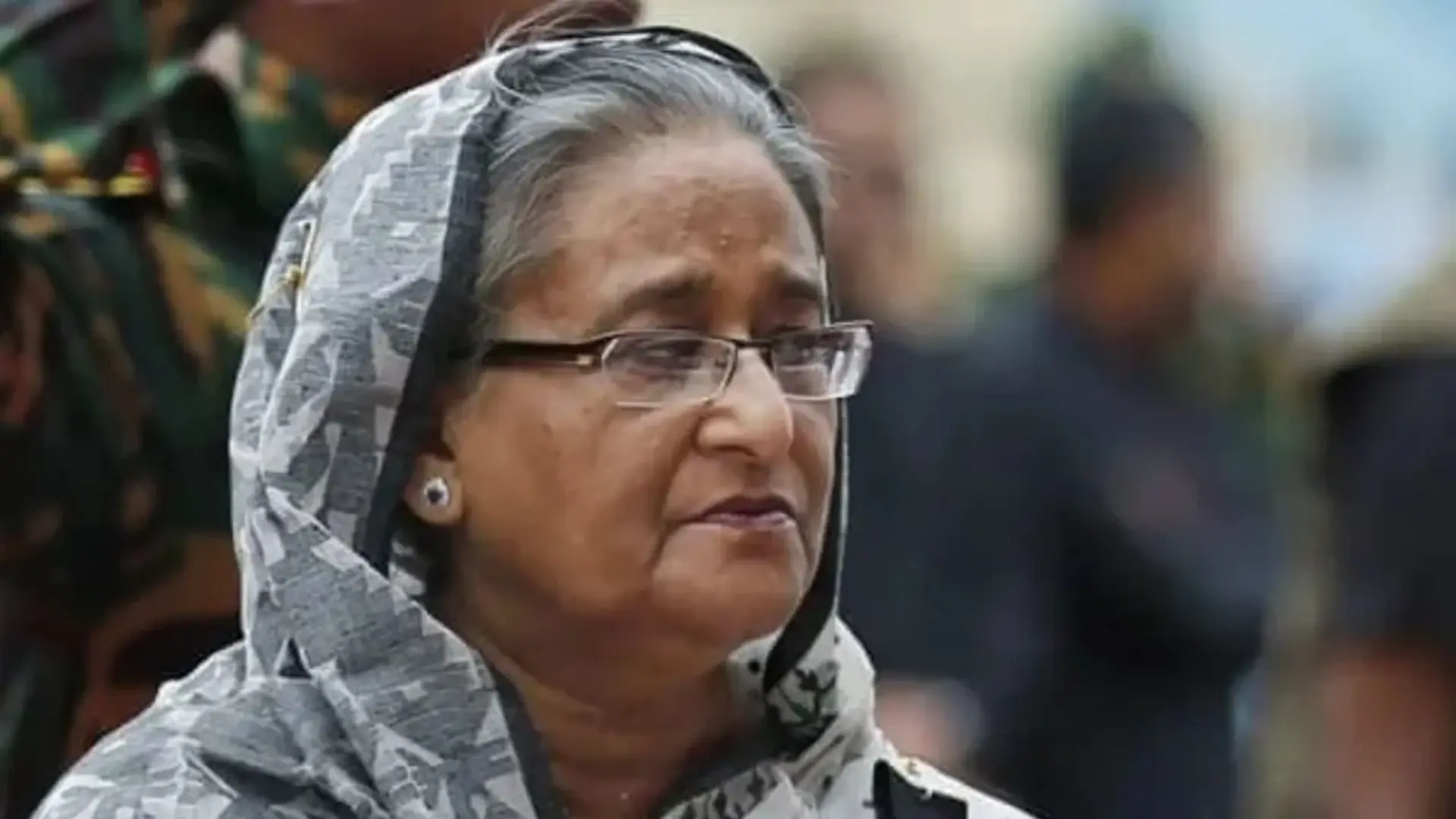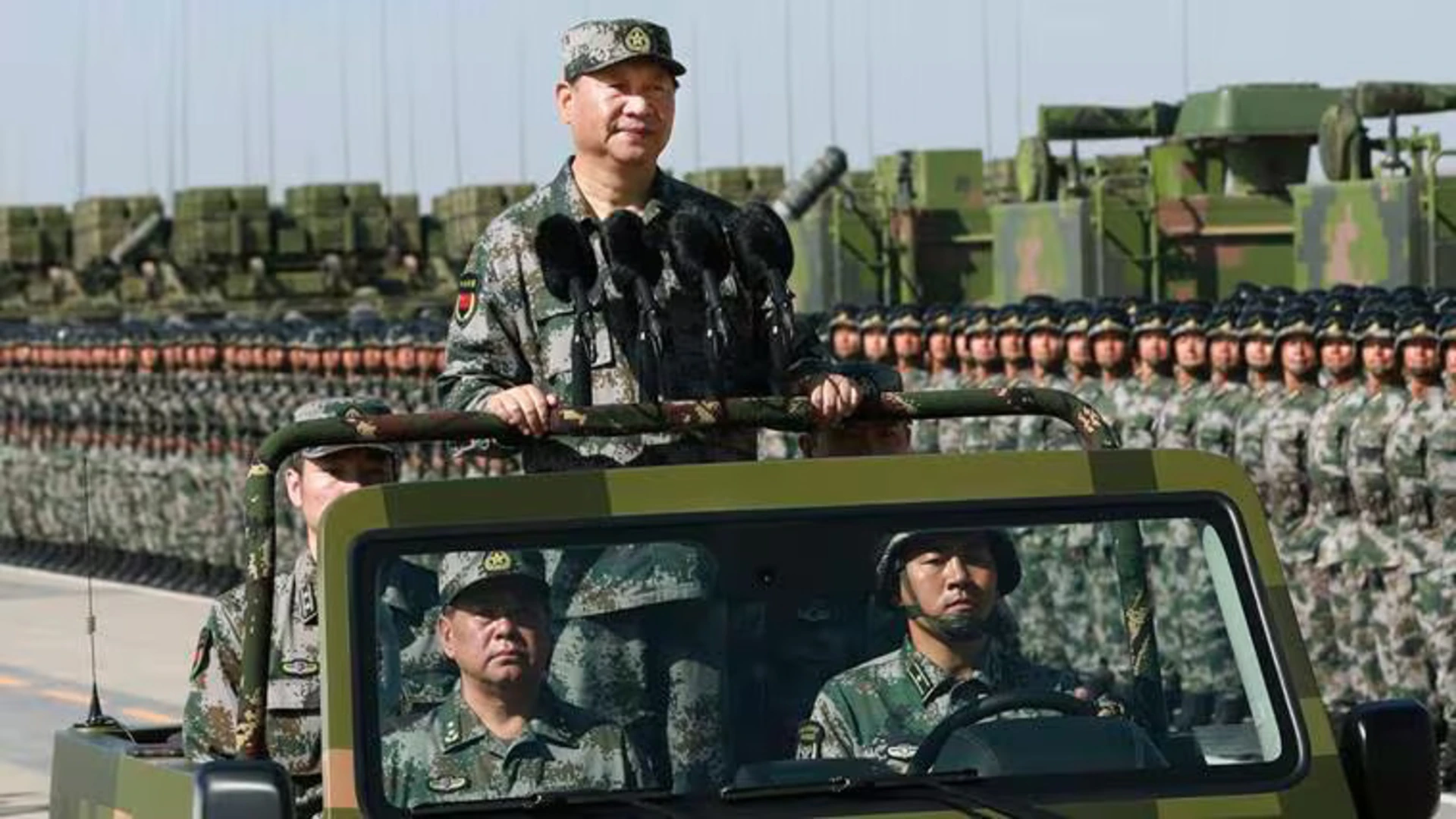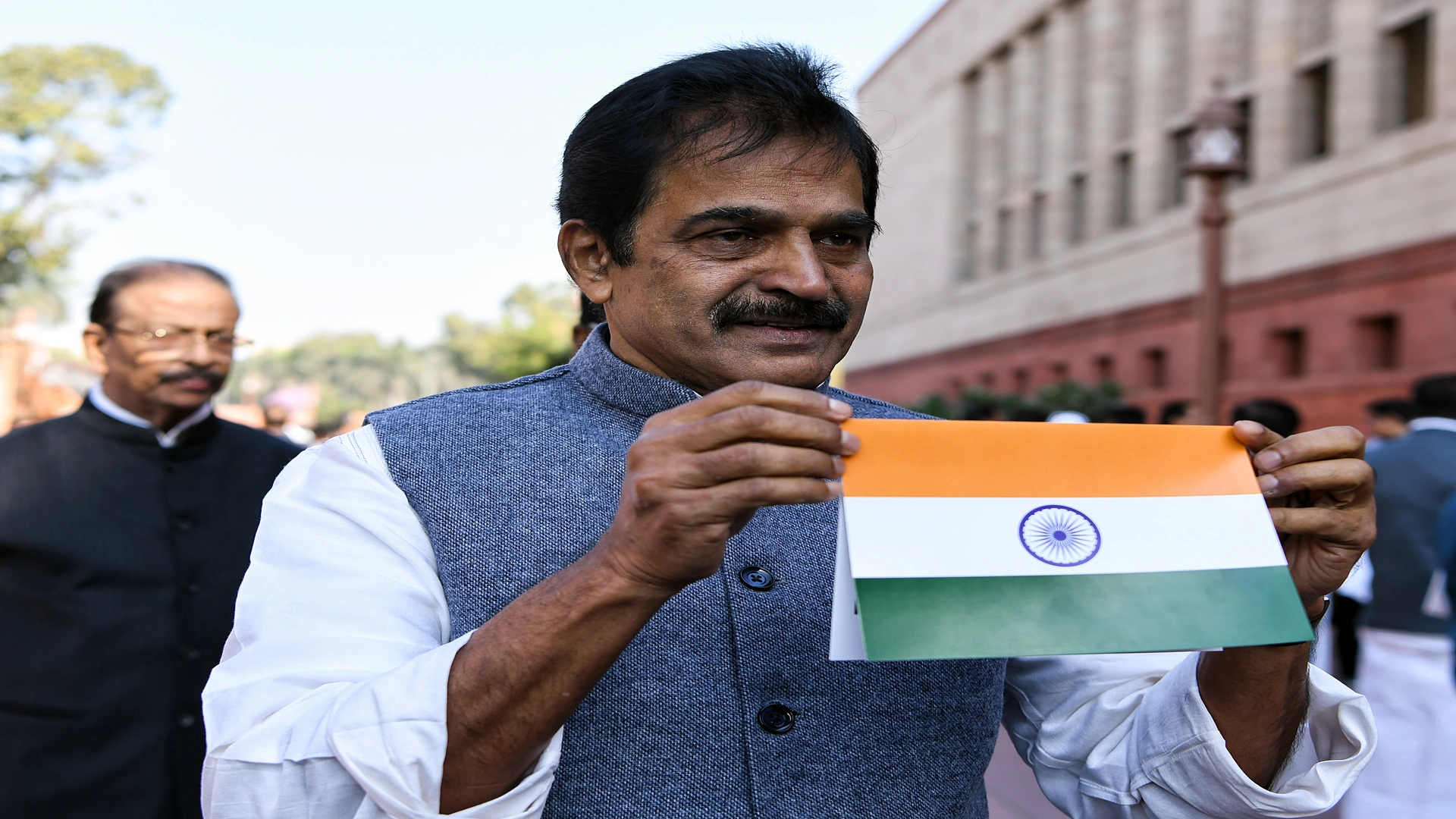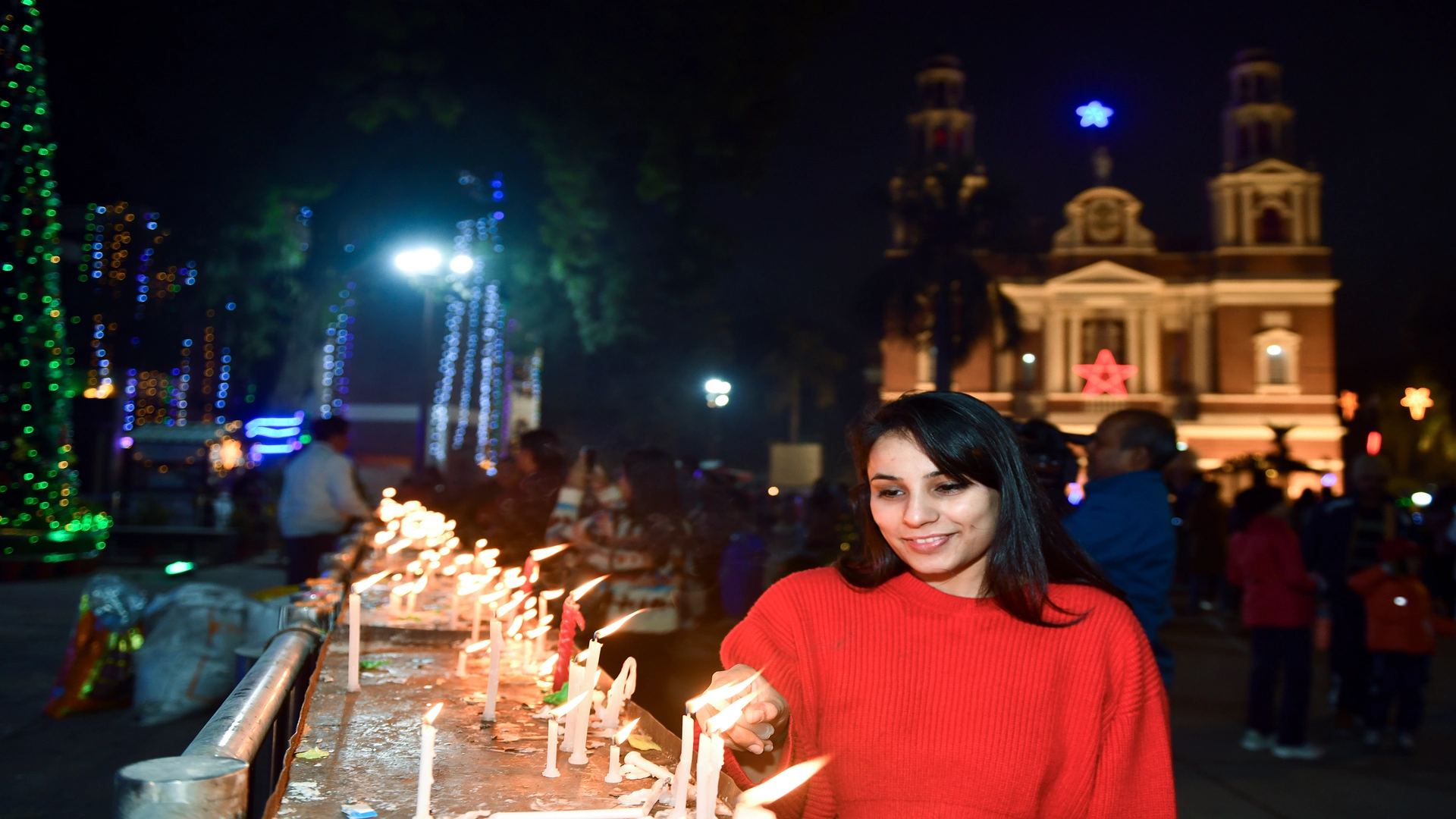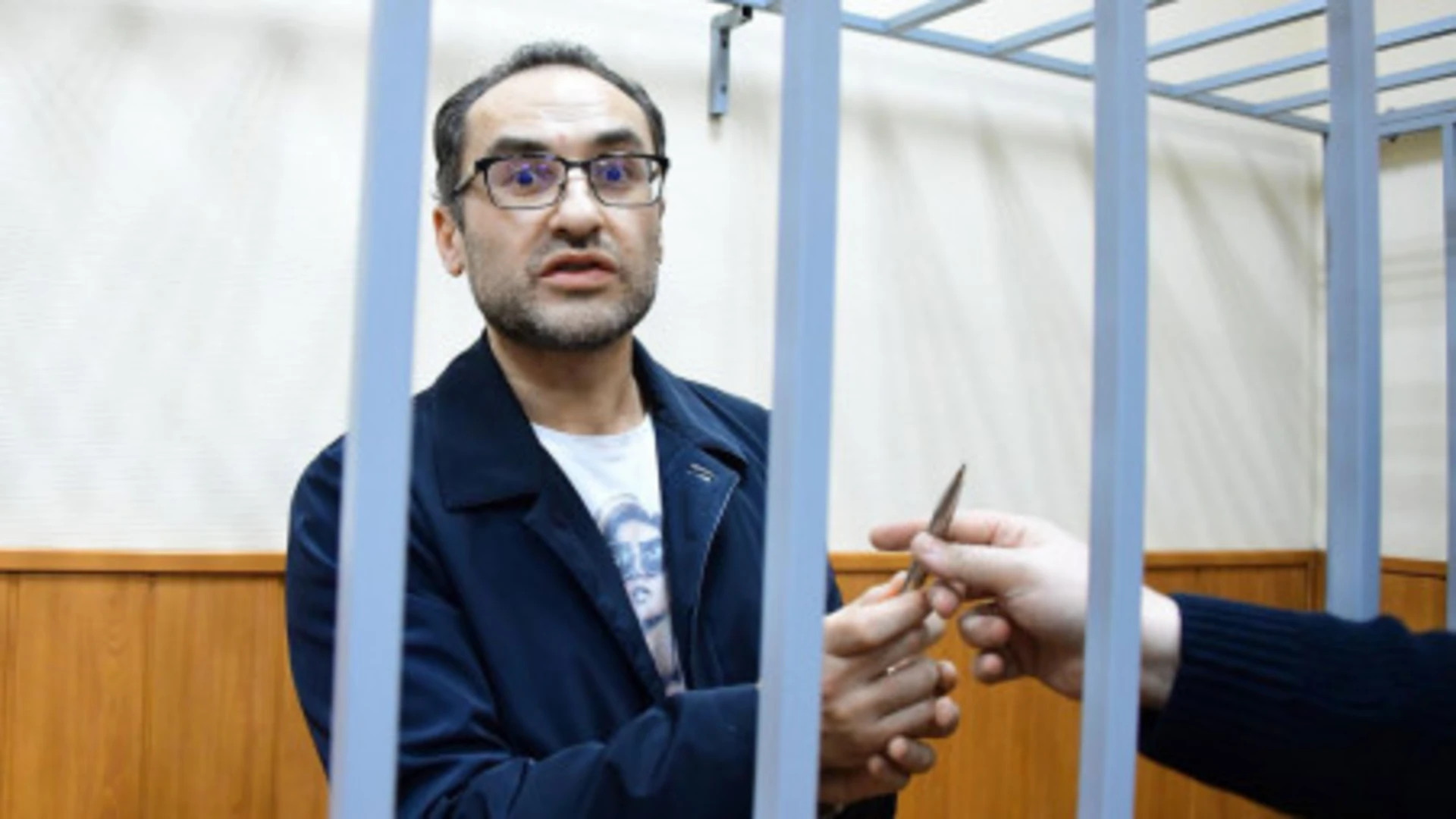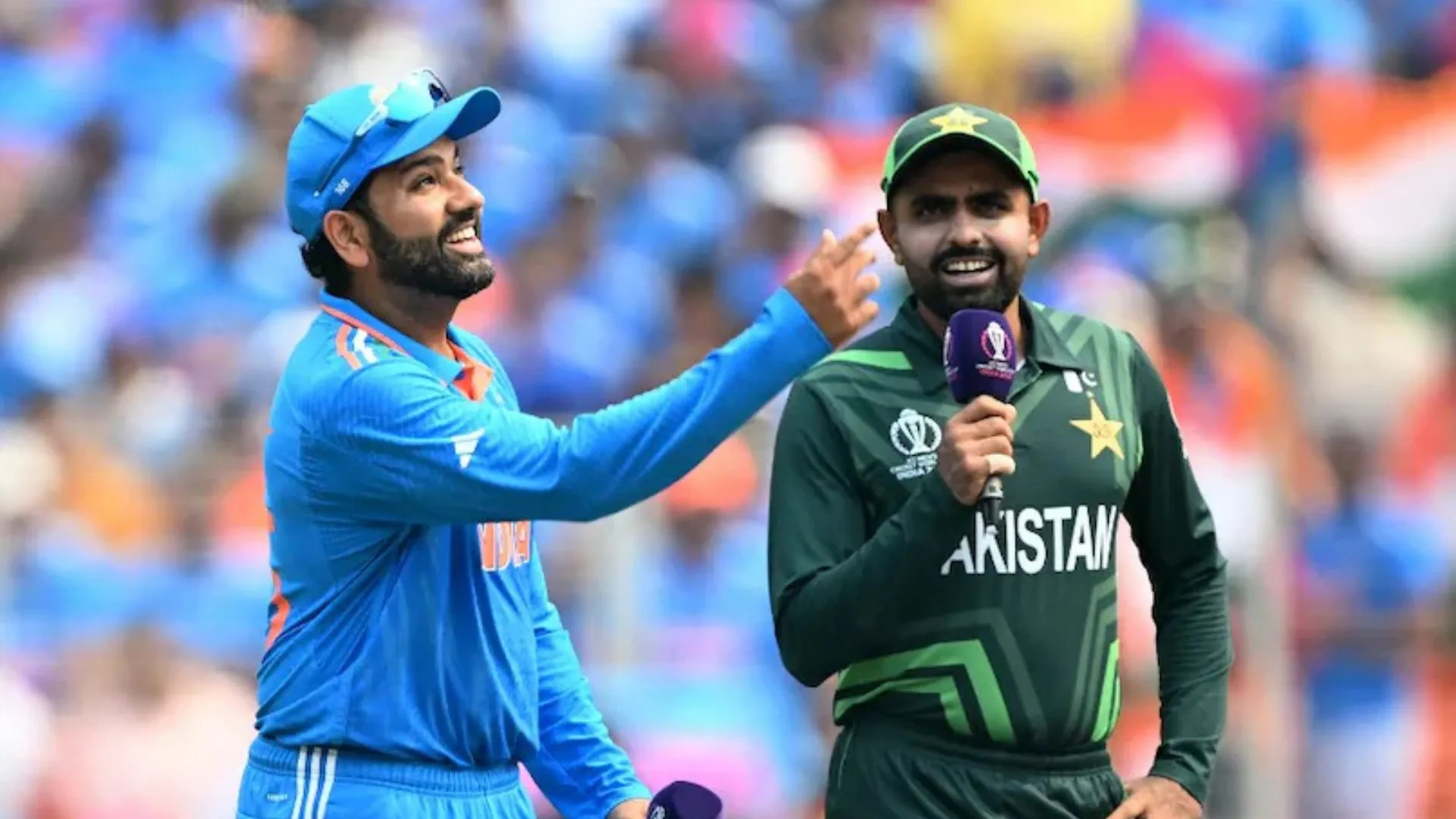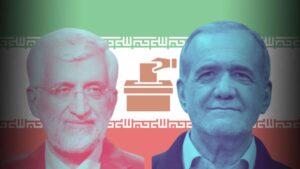In an unprecedented turn of events, Iran’s snap presidential election will proceed to a run-off next week after reformist-backed Masoud Pezeshkian and hardliner Saeed Jalili failed to secure a majority. The election, which saw a record-low turnout of just 40% of eligible voters, has set the stage for a high-stakes battle that could significantly impact the country’s political landscape.
The Ministry of Interior announced on Saturday that only 24.5 million of the 61 million eligible Iranians cast their ballots. This is the lowest voter turnout since Iran’s 1979 revolution. Final results showed that moderate Pezeshkian garnered over 10.41 million votes, while former nuclear negotiator Jalili received 9.47 million votes.
This marks only the second time since 1979 that a presidential election in Iran will go to a second round. Conservative Speaker of the Parliament Mohammad Bagher Ghalibaf and conservative Islamic leader Mostafa Pourmohammadi were eliminated from the race, having received 3.38 million and 206,397 votes, respectively. Two other candidates, Tehran Mayor Alireza Zakani and government official Amir-Hossein Ghazizadeh Hashemi, also withdrew.
The snap election was called following the tragic death of President Ebrahim Raisi and seven others, including Foreign Minister Hossein Amirabdollahian, in a helicopter crash on May 19. This election saw a significantly lower turnout than the previous record of 48.8% that brought Raisi to office.
Public disillusionment, exacerbated by the deadly protests of 2022-23 and severe economic challenges, including over 40% inflation due to mismanagement and U.S. sanctions, has contributed to the voter apathy. Hamid Reza Gholamzadeh, an Iranian foreign policy expert, attributed the low turnout to the reformist camp’s failure to mobilize its electorate.
Despite endorsements from prominent reformists like former Presidents Mohammad Khatami and Hassan Rouhani, Pezeshkian struggled to energize voters. However, a higher turnout is expected in the July 5 run-off, potentially favoring Pezeshkian, who needs additional votes to counter the conservative bloc’s support for Jalili.
Pezeshkian, a former health minister, has pledged to revive the 2015 nuclear deal and address the widening gap between the public and the government. Jalili, a senior member of the Supreme National Security Council, promises economic reforms and a tougher stance against the West.
The Guardian Council, responsible for vetting candidates, approved Pezeshkian as the only moderate in the race. His supporters present him as a candidate who could bring slight improvements, while a Jalili victory is seen as a potential regression.
As the nation prepares for the run-off, two security forces were killed in Sistan-Baluchestan province after voting concluded, highlighting the ongoing tensions. The outcome of this election will undoubtedly shape Iran’s future direction, both domestically and on the global stage.



